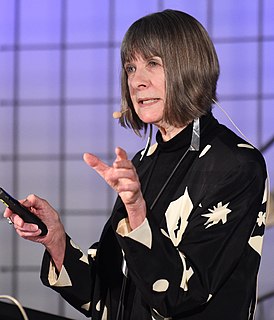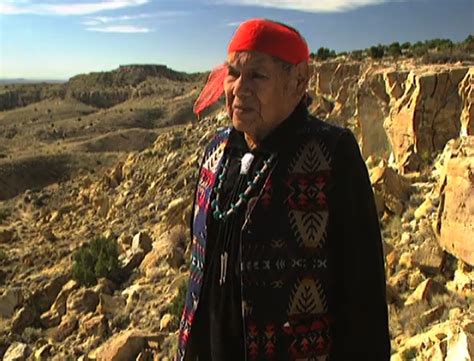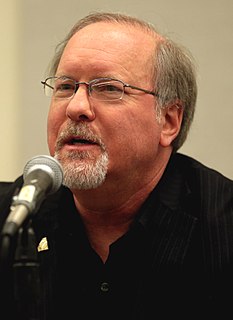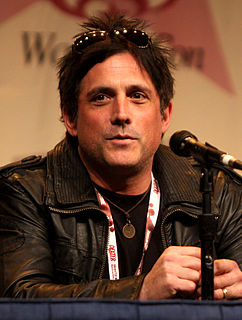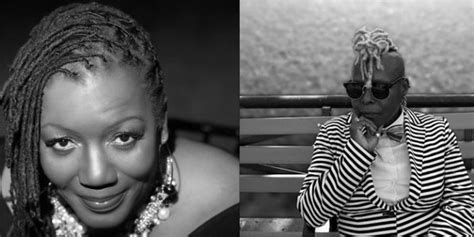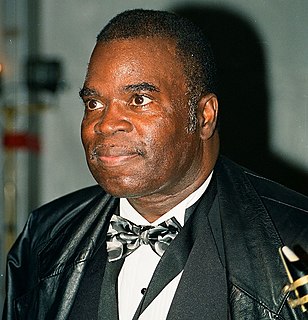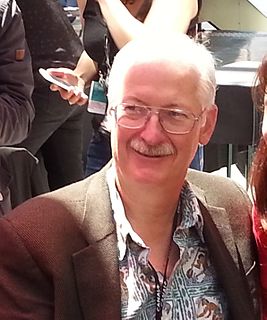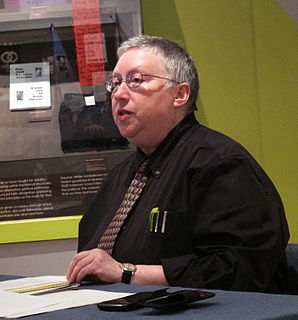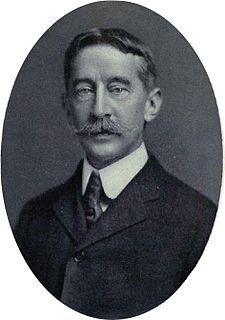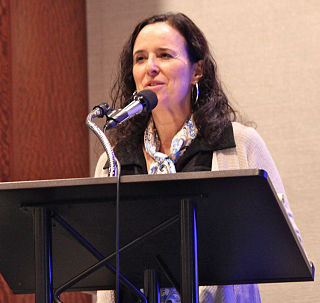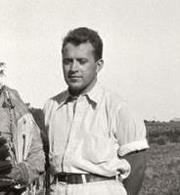A Quote by Dean Falk
If (early humans) weren't using and refining language I would like to know what they were doing with their autocatalytically increasing brains.
Related Quotes
Nature and the spirit of our ancestors are giving you loud warnings. Today you see increasing floods, more damaging hurricanes, hail storms, climate changes and earthquakes as our prophecies said would come. Why do animals act like they know about the earth's problems and most humans act like they know nothing? If we humans do not wake up to the warnings, the great purification will come to destroy this world just as the previous worlds were destroyed.
Extrapolated, technology wants what life wants:
Increasing efficiency
Increasing opportunity
Increasing emergence
Increasing complexity
Increasing diversity
Increasing specialization
Increasing ubiquity
Increasing freedom
Increasing mutualism
Increasing beauty
Increasing sentience
Increasing structure
Increasing evolvability
If language naturally evolves to serve the needs of tiny rodents with tiny rodent brains, then what's unique about language isn't the brilliant humans who invented it to communicate high-level abstract thoughts. What's unique about language is that the creatures who develop it are highly vulnerable to being eaten.
I try to write each piece in the language of the piece, so that I'm not using the same language from piece to piece. I may be using ten or twenty languages. That multiplicity of language and the use of words is African in tradition. And black writers have definitely taken that up and taken it in. It's like speaking in tongues. It may sound like gibberish to somebody, but you know it's a tongue of some kind. Black people have this. We have the ability as a race to speak in tongues, to dream in tongues, to love in tongues.
When I grew up, the thing boys would do during the summer is work tobacco because it was a cheap product back then. I didn't want to do that. From an early, early, early age, I was like, 'I like music. This performing thing comes easy.' And perhaps that's how I ended up doing what I'm doing today. Being a musician.
We wanted a musical number that would capture the exhilaration of being out on a boat as they were and sailing with the stars and all that. So that's the origin of We Know the Way. From very early on we said, for an audience that doesn't know this, what we need a song that can really have the kind of sweep and the, you know, pull you in. So that was early on, we conceived of like that should be a musical moment [in Maona].
I think in the early part of my career, the roles were so disparate that it never gave anybody an opportunity to understand my essence and what I would be good at doing, as opposed to what I would not be good at doing, so these little moments of beautiful things that were happening to me were consistent, but very few and very far between.
